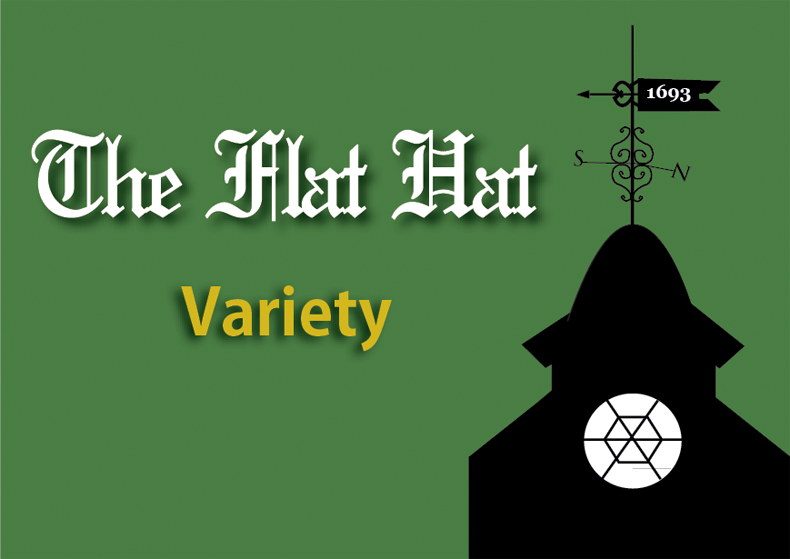For some Americans, the mention of Scotland may conjure up images of thistles and the highlands, of bagpipes and kilts, of redheaded golfers and thick accents. However, students participating in the Joint Degree Programme between the College of William and Mary and the University of St. Andrews recognize Scotland as much more than the imagined land of “Brave” and “Braveheart.” During the two years they spend at the University of St. Andrews, these scholars may even come to know Scotland as their home away from home.
“It’s not a standard college experience,” Cooper Nelson ’16, who will be traveling to St. Andrews next year to study economics, said. “Essentially, you’re living as a foreign national for two years.”
Program participants spend two years at each school, where they can study history, international relations, economics or English. At the end of four years, the two institutions jointly award each student a BA (International Honours) diploma.
The new program is the product of a longstanding partnership between the College and St. Andrews. However, this is the first year that students from St. Andrews are at the College as part of the program. Even with an ocean between them, the two colleges share many similarities, including small populations and tourist-worthy surroundings.
“St. Andrews is a small school with a lot of history,” Carter Lyon ’16, who will study history in Scotland next year, said. “It’s very similar to William and Mary.”
Both colleges are also famous for their traditions, like Convocation at the College and Raisin Weekend at St. Andrews. Katie Plunkett ’15, back from her first year at St. Andrews, explained the university’s custom of pairing first-year students with “academic parents.”
“For Raisin Weekend, two juniors will adopt a freshman as their academic child,” Plunkett said. “They have tea parties and parades and all these different events.”
However, Raisin Weekend isn’t all fun and games. As Anna Tepper ’15 explained, first-years are expected to pull their weight and then some.
“Raisin Weekend features a sort of institutionalized hazing combined with a family atmosphere,” Tepper said. “You have to carry these talismans that your academic family gives you.”
Such objects are often burdensome, like weights, crates or even a palanquin designed for transporting academic parents. The tea parties and tribulations of Raisin Weekend culminate Monday in a massive foam fight in a courtyard.
Raisin Weekend’s second semester counterpart is the May Dip, in which students plunge themselves into the freezing North Sea at sunrise on May 1.
“People stay up all night for the May Dip,” Daniel Dorough ’15 said. “St. Andrews is right on the water, and at dawn the students just run into the sea. It’s beautiful, watching the sun come up on the sea on this old medieval town.”
Students arriving in the United States for the first time face many equally bewildering customs. Victoria Seeck ’15 of Belgium was excited to experience her first dinner at Cracker Barrel.
“For me, America is completely new,” Seeck said. “This is proper America. Some things just blow my mind, like the food, the portion sizes. Everything is just different. Life is much easier here than it is in Europe.”
Even for American-born students, like Bram Vargas ’15, the return to the United States can be somewhat disorienting.
“Coming back to an American school is almost weirder than when I first went over to Scotland,” Vargas said.
The contrast between the American and British educational styles contributes to the confusion.
“Academic life at St. Andrews focuses on independent exploration and study,” Olivia Flynn ’15, a second-year student currently studying international relations at St. Andrews, said. “William and Mary relies on student-teacher interaction to encourage academic success. Through the Programme, I have met a variety of professors who are leaders in their field.”
Despite the opportunities for international networking, the alternative college experience is not for everyone. Rachel Wiser ’15, who studied economics in Scotland, explained that confidence is critical to success.
“You have to be very comfortable with your own abilities,” Wiser said. “You have to be able to adjust every year to the different styles and different demands.”
While adapting to such a nomadic life can prove difficult, most students enjoy the inherent cultural exchange.
“In Scotland, I introduced my friends to Thanksgiving,” Wiser said. “I made them all a full meal.”
This transfusion of ideas is a pivotal goal of both the College and St. Andrews. Ultimately, the most valuable product of the Programme will likely be the lifelong, transatlantic connections that students will be able to forge throughout their college experience.
“I have met people from all over the world studying amazing courses,” Flynn said. “I am truly fortunate to have made the friends I have at either school.”

